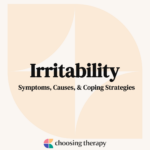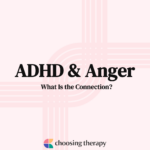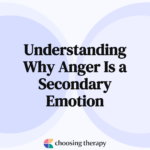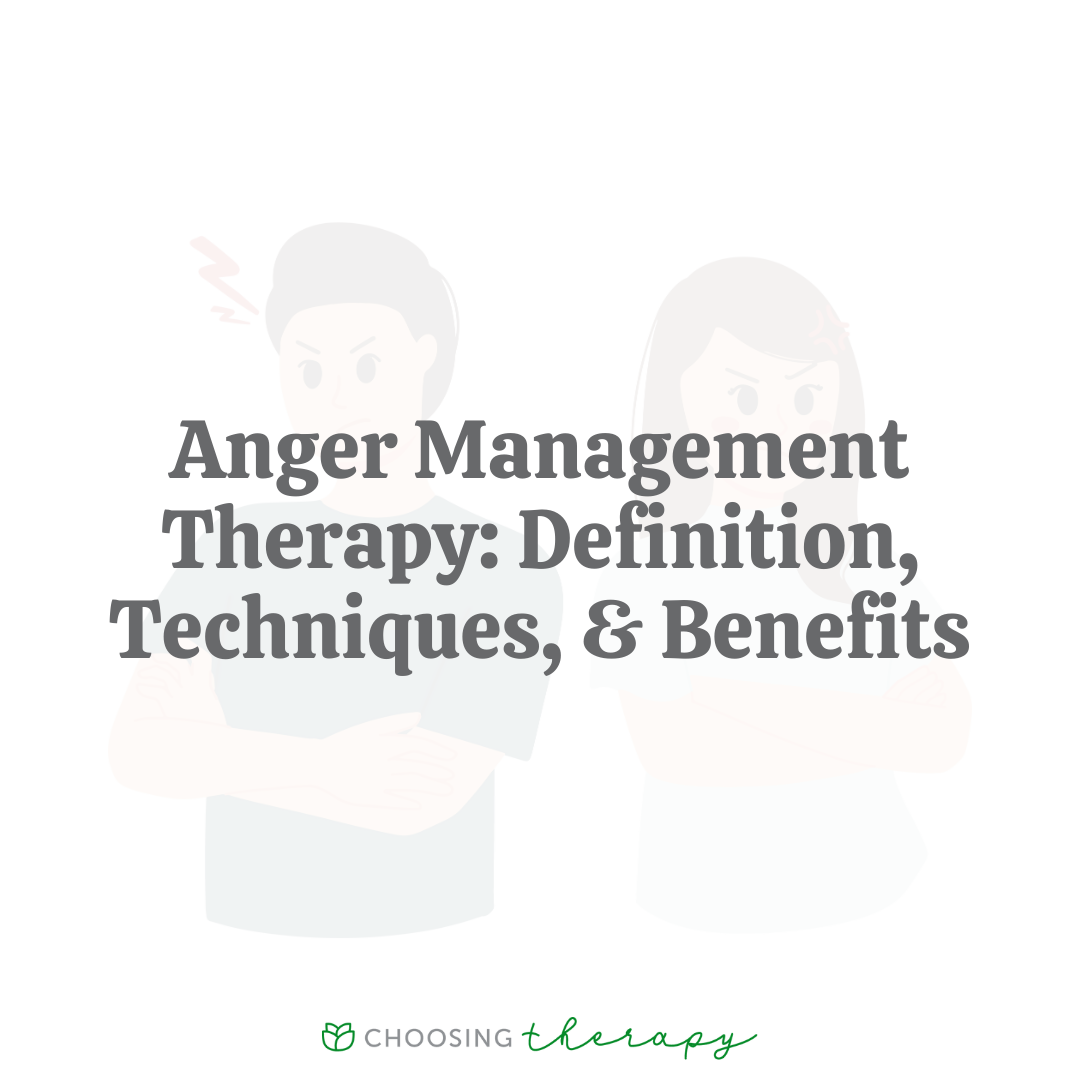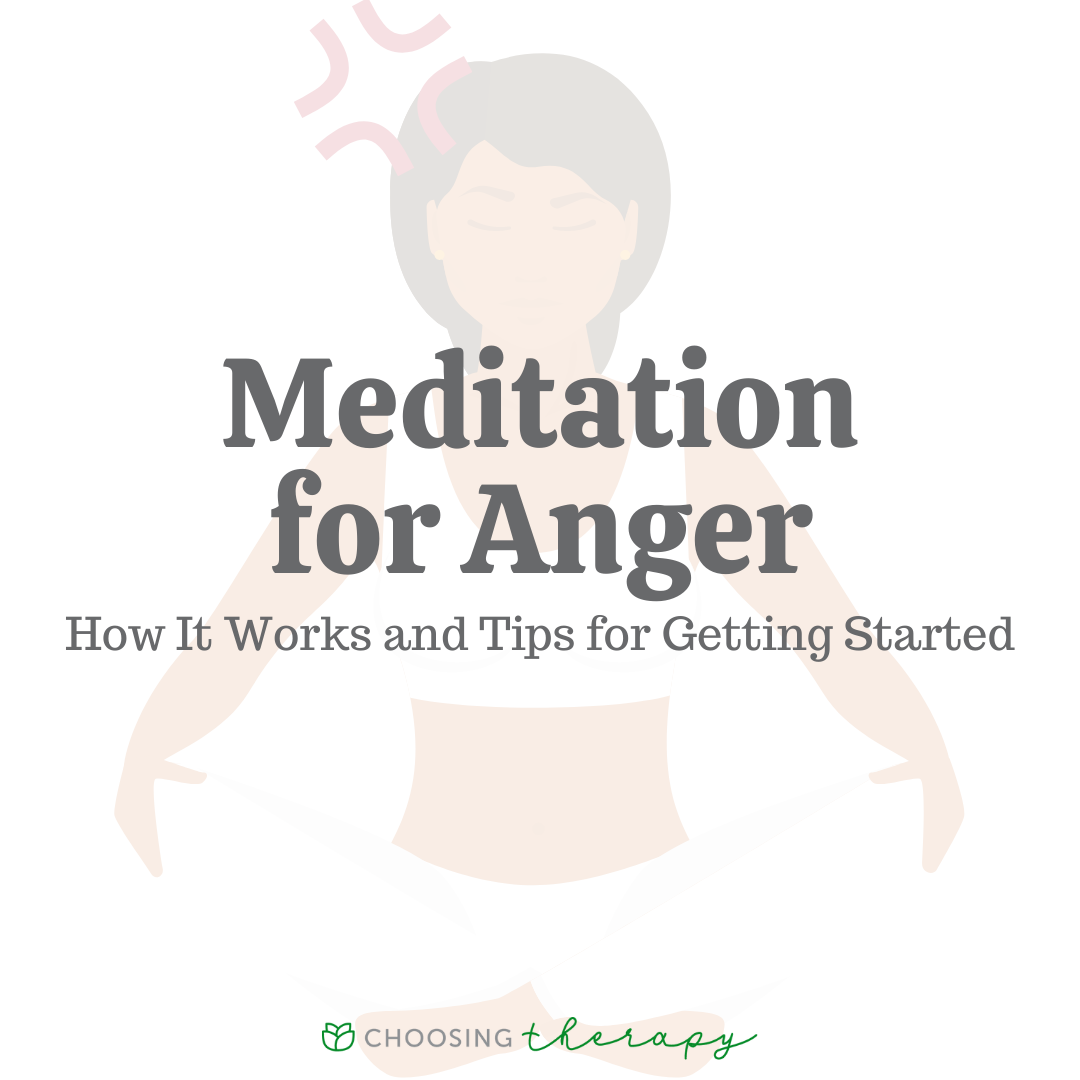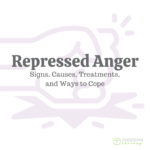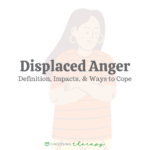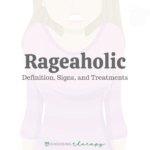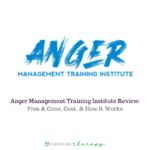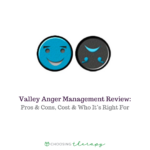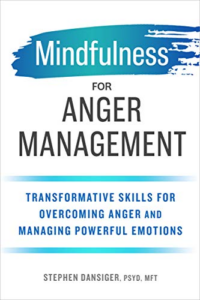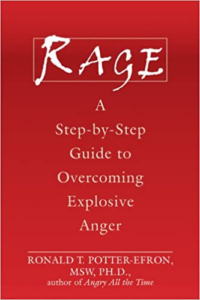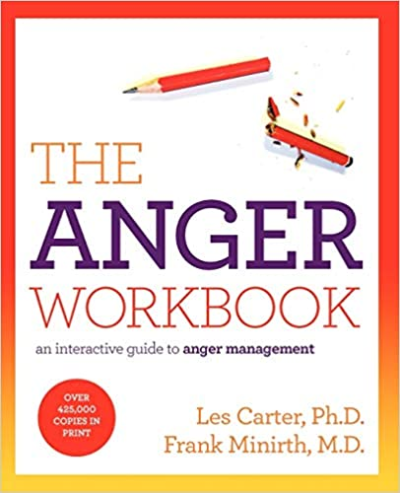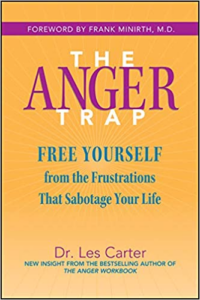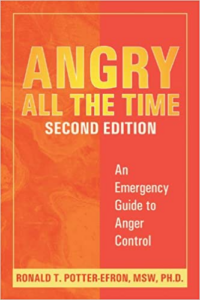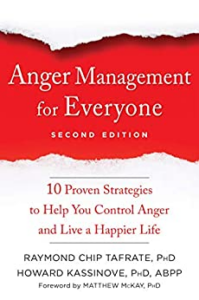
Learn More About Anger
Anger is a normal emotion, but it becomes a problem when it is felt too intensely, too often, and expressed inappropriately. Some ways to deal with anger include attending an anger management class, talking with a therapist, and relaxation techniques. Below you’ll find articles and resources to help you both understand and deal with feelings of anger.
Featured Anger Articles
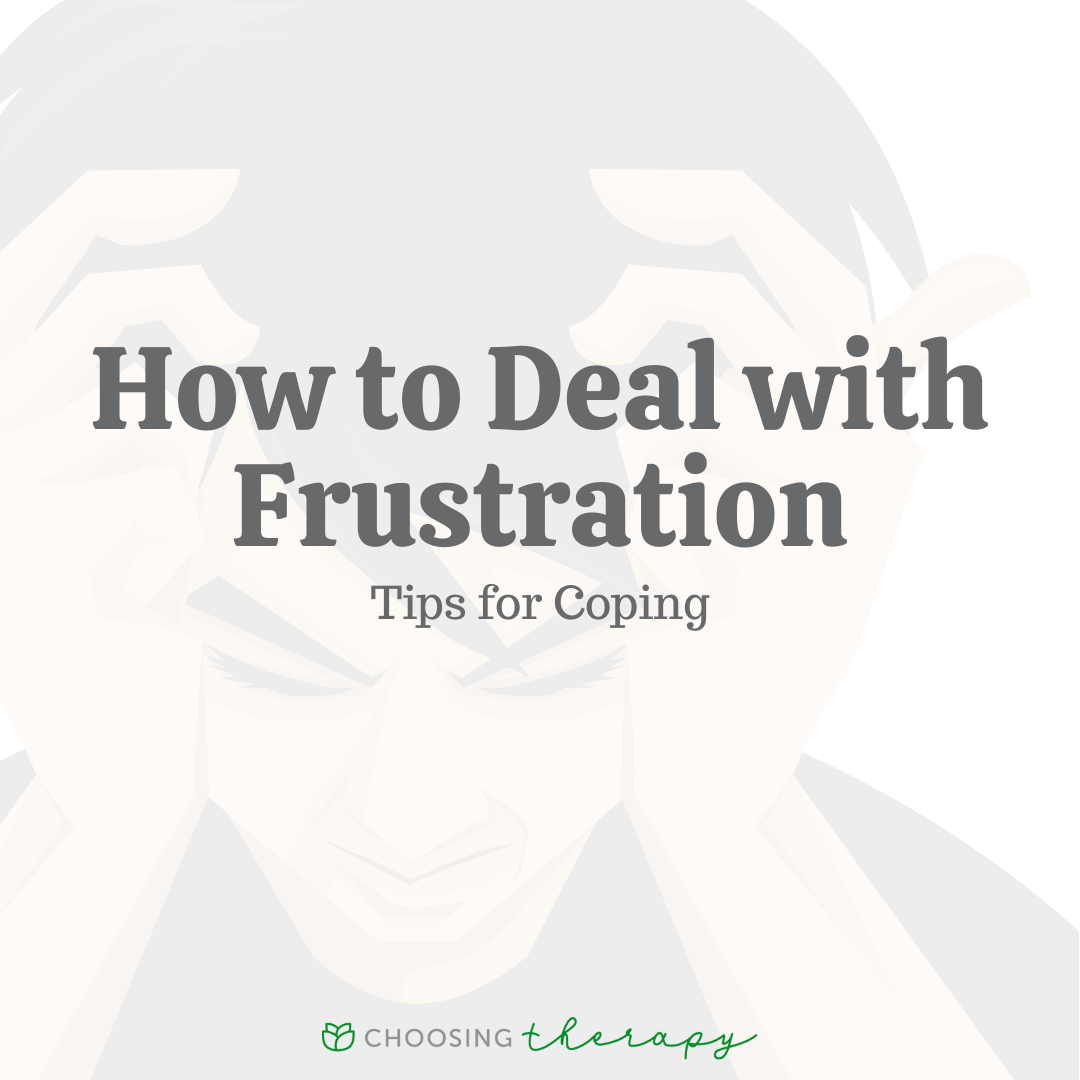
How to Deal With Frustration: 10 Tips
Learning how to deal with frustration can take time, but there are healthy ways to overcome feeling overwhelmed. Allowing your frustration to build up can lead to repressed anger, so releasing pent-up stress benefits your mental health. Developing coping skills, engaging in physical activity, and speaking with a professional are all tools that can help you better manage frustration.
by: Robert Hinojosa, LCSW
Best Online Anger Management Classes for 2024
We’ve researched and reviewed several educational programs offering comprehensive anger management courses and certificates of completion.
by: Randi Sprintis, M.S.Anger Management

Types of Anger

Anger Management Program Reviews
Read More About Anger


